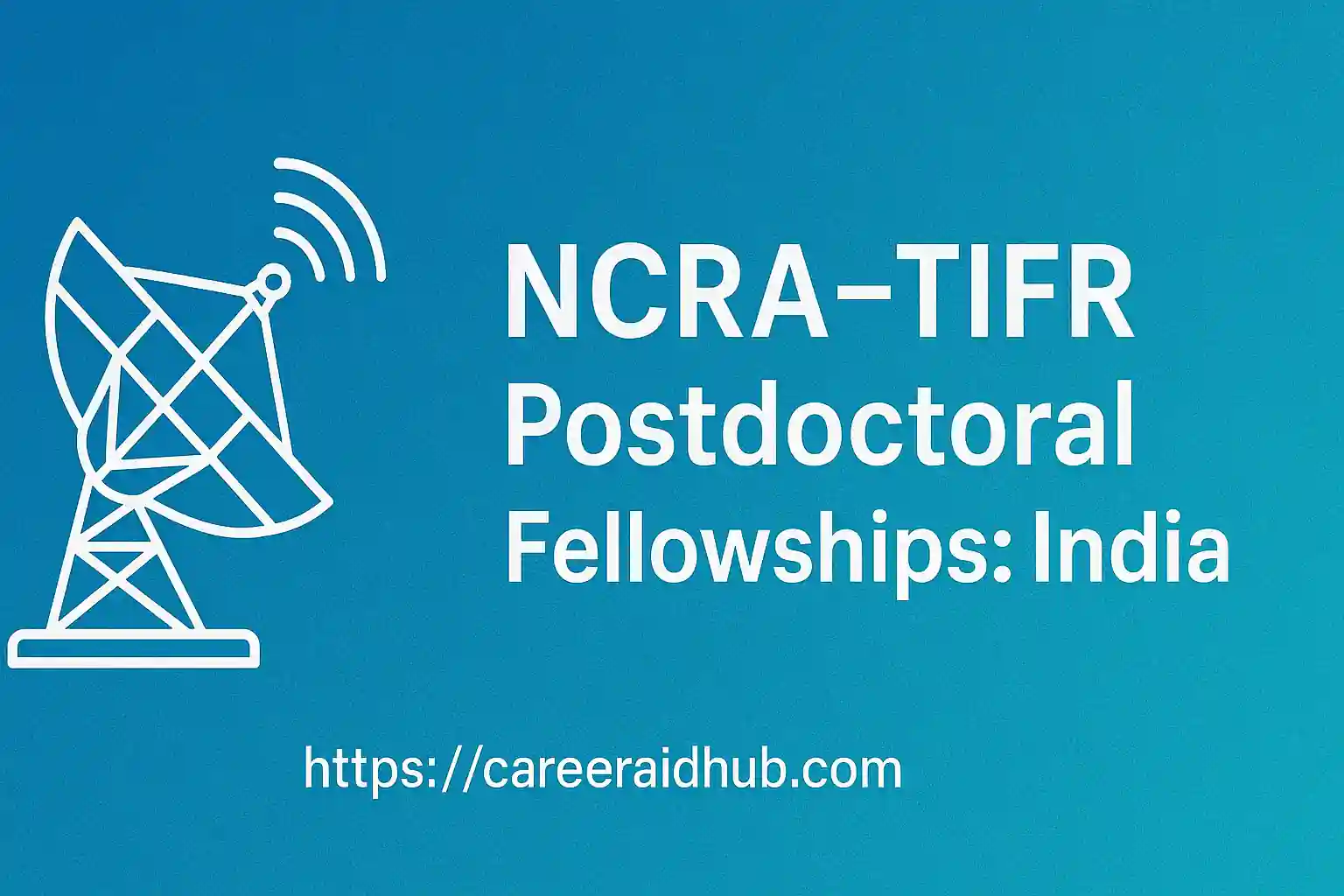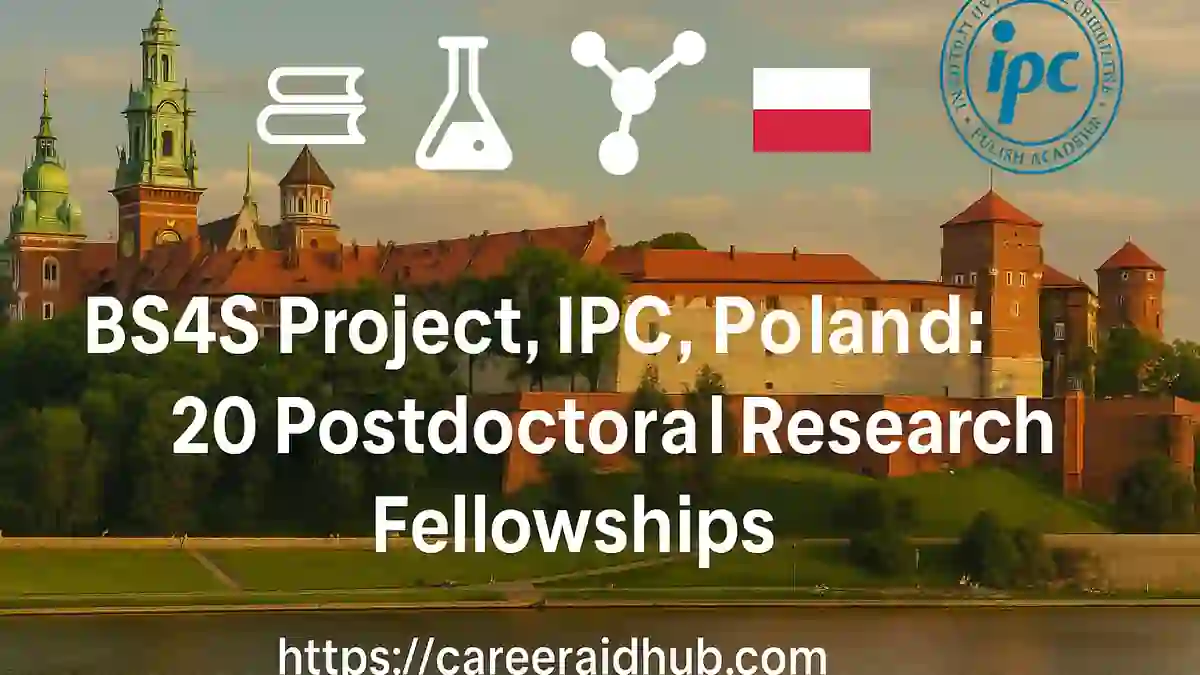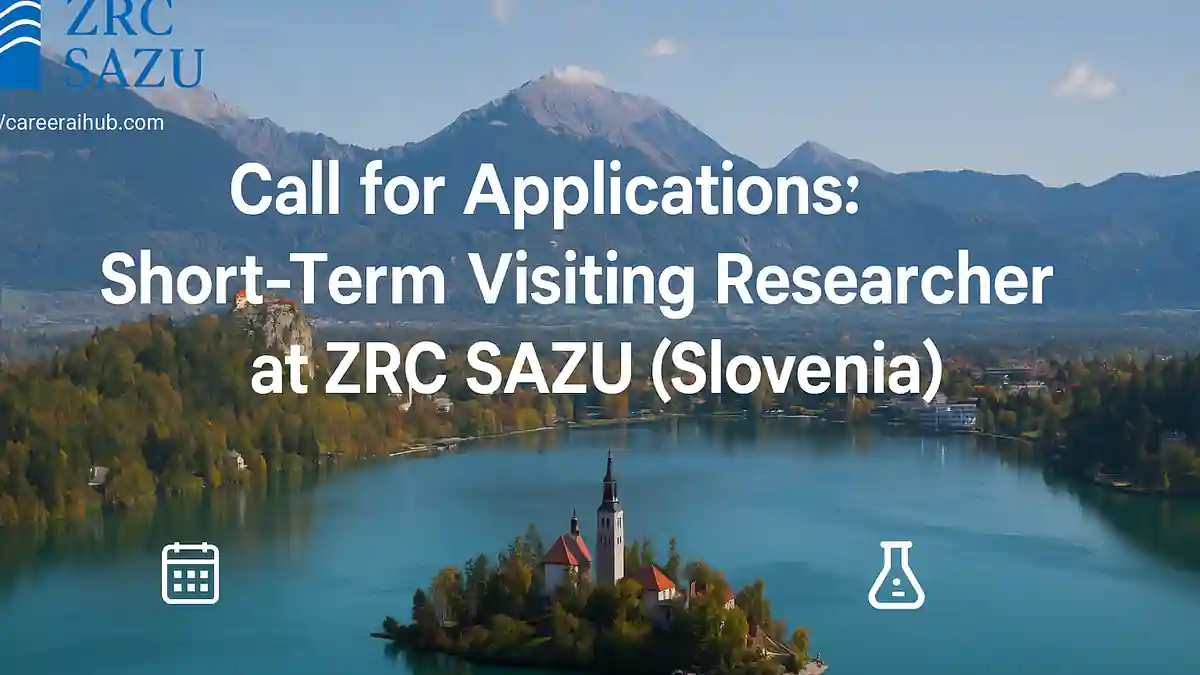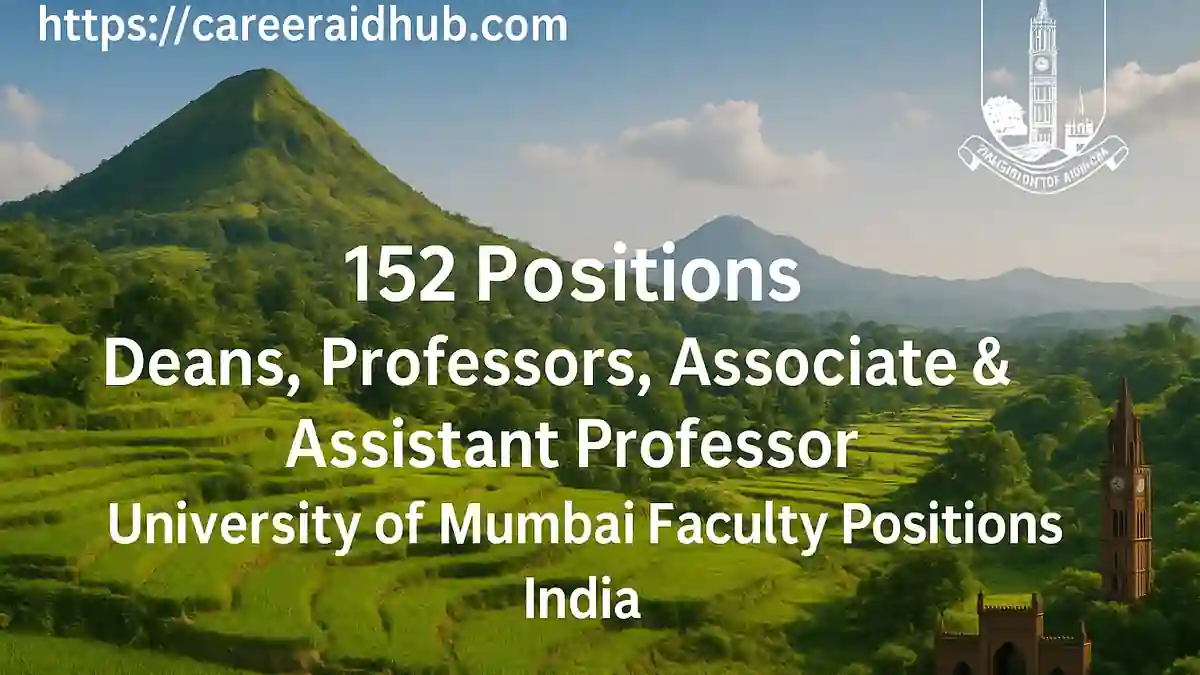Global research experience has become an integral part of doctoral education. At the Technical University of Munich (TUM), the Graduate School (TUM-GS) prioritizes international mobility for its doctoral candidates by providing financial support and guidance for research stays abroad. These programs allow doctoral researchers to connect with international experts, access advanced facilities, and present their work on a global stage.
This article explores the scope, funding schemes, eligibility requirements, application processes, and best practices associated with TUM-GS’s internationalization support.
The Technical University of Munich (TUM) Graduate School supports doctoral candidates with structured internationalization funding. Through grants, family mobility allowances, and diversity supplements, candidates can engage in global research stays that strengthen their academic profiles, foster intercultural competence, and create opportunities for international collaboration.
Purpose and Scope of Support
TUM-GS views international mobility as a strategic investment in doctoral education. The funding is designed to:
Enable doctoral candidates to use research infrastructure and expertise not available locally.
Support participation in international conferences, workshops, and summer/winter schools.
Provide opportunities to invite foreign experts to contribute to dissertation projects.
Promote intercultural competence, which is increasingly essential for research careers.
style="text-align: justify;">Importantly, all support is administered in accordance with the
Bavarian Travel Expense Act (Bayerisches Reisekostengesetz) and TUM’s internal regulations, ensuring transparency and fairness in funding.
Types of Funding and Grants
TUM-GS has designed a multi-layered financial support system that addresses diverse academic and personal circumstances of doctoral candidates.
Internationalization Grant for Employed TUM Associates
Doctoral candidates employed as research or teaching associates at TUM can apply for an Internationalization Grant of up to €1,600. This grant may cover:
International research stays.
Conference presentations abroad.
Attendance at workshops or specialized schools.
Travel for examiners or invited researchers linked to the dissertation.
For research stays abroad lasting at least four weeks, an additional €1,400 is available. This incentive particularly supports candidates under doctoral regulations effective from January 2014 onwards.
Family Mobility Allowance
TUM-GS recognizes that family responsibilities should not limit access to international opportunities. To ease the financial burden:
A monthly allowance of €400 is provided.
An additional €200 per child per month is available.
The grant applies for stays abroad of at least three months and up to six months.
This allowance also extends to individuals requiring special
care due to health or mobility challenges, ensuring equitable access to global research.
Diversity Supplement Travel Grant
Candidates with specific needs—such as disabilities, health conditions, or significant family obligations—can apply for the Diversity Supplement. This grant provides:
Applications are submitted directly to the TUM-GS Management Office and evaluated individually.
Internationalization Subsidy and Initiativ Funds (GC-NAT)
Within the Natural Sciences Graduate Center (GC-NAT), additional targeted funds exist:
Internationalization Subsidy: Grants up to €3,000, including €1,400 earmarked for stays abroad of four weeks or more.
Initiativ-Fonds: Provides up to €2,000 for international conference participation or short-term research stays.
These schemes are tied to academic milestones, such as successful participation in feedback discussions and seminars.
Eligibility Criteria and Conditions
Funding is available only to candidates who meet defined requirements.
Core Eligibility
Must be a registered member of TUM-GS (post-2014 regulations for some schemes).
Completion of the Kick-off seminar and mid-doctoral feedback discussion is required.
Supervisor approval confirming the international activity’s relevance to the dissertation.
All expenses must align with the Bavarian Travel Expense Act.
Specific Requirements
Internationalization Grant: Minimum four-week stay for the €1,400 supplement.
Family Allowance: Minimum three-month stay for eligibility.
Diversity Supplement: Documented proof of family, health, or mobility-related need.
GC-NAT Funds: Participation in Graduate Center requirements such as seminars.
Candidates should prepare a comprehensive application dossier, including invitations, acceptance letters, budgets, and supervisor endorsements.
Application Procedure and Timeline
Step-by-Step Process
Documentation Preparation
Obtain supervisor approval.
Collect proof of acceptance to host institutions, conferences, or workshops.
Prepare a CV, publication list, and justification for the research stay.
Application Submission
Travel Approval
Post-Stay Requirements
Planning and Timing
Early planning is essential. Applications should be initiated several months before travel to allow time for approvals, visas, and logistical arrangements. Funding is typically released in quarterly cycles.
Practical Examples of Funded Research Stays
Engineering Candidate: Undertook a five-week research stay in Asia to access specialized laboratory equipment unavailable at TUM. The stay was partially funded through the Internationalization Grant.
Doctoral Researcher with Family: Used the Family Mobility Allowance to fund travel for a spouse and child during a four-month collaboration with a European partner institution.
Early-Stage Candidate: Attended a winter school and a two-week research project abroad with support from GC-NAT’s Initiativ-Fonds.
These scenarios illustrate how the program adapts to a range of research and personal needs.
Benefits and Long-Term Impact
The advantages of research stays abroad supported by TUM-GS include:
Enhanced research quality through access to global expertise.
Increased publication opportunities and international visibility.
Improved career prospects for both academic and industry positions.
Development of intercultural competencies and professional networks.
TUM as an institution also benefits by strengthening its global research reputation and establishing enduring collaborations.
Challenges and Mitigation Strategies
| Challenge | Mitigation Strategy |
|---|
| Supervisor reluctance | Demonstrate the academic value and expected outcomes of the stay. |
| Family or health obligations | Apply for Family Mobility Allowance or Diversity Supplement. |
| Funding shortfalls | Apply early, combine multiple grants, and secure co-funding if possible. |
| Visa or administrative delays | Engage with TUM-GS administration and allow sufficient lead time. |
Tips for Successful Applications
Choose host institutions or conferences that complement your dissertation research.
Keep detailed records of approvals, receipts, and communication.
Disseminate results from the stay through publications or presentations.
Coordinate early with supervisors and Graduate Center staff.
Review all Graduate Center-specific eligibility conditions before applying.
Looking Ahead and Updates
TUM-GS continuously refines its funding policies. Doctoral candidates should:
Monitor the TUM-GS wiki for regulation updates.
Expect funding cycles to continue during spring and autumn.
Anticipate increased support for family mobility and diversity in upcoming cycles.
Plan for the next round of applications, expected around spring 2026 (exact dates will be updated soon).
Conclusion
Research stays abroad represent a cornerstone of doctoral education at TUM. By offering grants, mobility allowances, and diversity supplements, the Graduate School enables equitable access to international academic opportunities. This support strengthens candidates’ dissertations, widens their networks, and prepares them for impactful careers.
Applicants should plan ahead, align stays with research goals, and make use of the full range of funding mechanisms. For the latest eligibility criteria and application deadlines, always refer to the official TUM Graduate School website.
Program Snapshot
| Feature | Details |
|---|
| Program Name | Research Stays Abroad: Internationalization Support |
| Host Country | Germany (with global research destinations) |
| Funded By | Technical University of Munich – Graduate School |
| Duration | Short-term stays (weeks) to mid-term stays (up to 6 months) |
| Study Mode | Full-time doctoral research abroad |
| Eligibility | Registered TUM-GS doctoral candidates with supervisor approval |
| Financial Support | Grants (€1,600–€3,000), Family Mobility Allowance, Diversity Supplements |
| Fields of Study | All disciplines under TUM Graduate School |
| Deadline | Spring and Autumn cycles, next expected Spring 2026 (update soon) |
| Official Website | Click Here |
Frequently Asked Questions (FAQs)
What is the TUM Graduate School internationalization support program?It is a funding scheme that helps TUM doctoral candidates finance research stays abroad, including grants for travel, family mobility, and diversity-related support.
Who can apply for research stays abroad at TUM Graduate School?Registered doctoral candidates at TUM Graduate School with supervisor approval can apply, provided they meet eligibility requirements such as seminars and feedback discussions.
How much funding does TUM Graduate School provide for international research stays?Doctoral candidates can receive up to €1,600 for international activities, with an additional €1,400 for stays abroad lasting at least four weeks.
Does TUM Graduate School support family travel during research stays abroad?Yes, the Family Mobility Allowance provides €400 monthly for partners and €200 monthly per child during research stays of at least three months.
What is the Diversity Supplement Travel Grant at TUM Graduate School?It is a grant of up to €500 per trip that covers extra travel expenses for candidates with family responsibilities, health conditions, or mobility challenges.
How long must a research stay abroad be to qualify for additional funding?To receive the extra €1,400 Internationalization Grant, the research stay must last a minimum of four weeks.
What documents are required for a TUM Graduate School internationalization grant application?Applicants need supervisor approval, proof of host invitation or conference acceptance, a CV, publication list, and a budget plan for the stay.
Can TUM doctoral candidates attend conferences abroad with this funding?Yes, candidates may use internationalization grants and Initiativ Funds to cover expenses for presenting research at international conferences or workshops abroad.
Are there specific funds for natural sciences doctoral candidates at TUM?Yes, the Natural Sciences Graduate Center offers an Internationalization Subsidy of up to €3,000 and Initiativ Funds of up to €2,000.










